As Tadej Pojacar stood on the Champs-Élysées podium, celebrating his fourth victory in the Tour de France, the man who led British cyclists to multiple yellow jerseys and numerous Olympic gold medals had already flown home to Monaco.
Not that long ago, a Dave Brailsford-led success in the Tour de France was almost routine. From 2012 to 2019 when riders from Team Sky, and later Ineos, won seven titles in eight years, Brailsford was at the heart of it all.
Ask anyone closely involved with British Cycling’s Olympic programme, and more specifically, the Tour de France, who drove the standards, who led the charge when times got tough, who raised the mood when morale was low, and they will almost always respond: “Dave.”
Brailsford was once the performance guru who transformed the fortunes of British cyclists, yet his trumpeted return to the Tour caravan this year unravelled as an anti-doping investigation related to a member of his Ineos Grenadiers team took the headlines away from their two mountain stage wins.
Last Thursday afternoon, the team confirmed in a statement that David Rozman, a long-term member of their staff, had left the Tour after the International Testing Agency (ITA) launched an investigation into alleged messages he exchanged with the subsequently convicted German doping doctor Mark Schmidt, in 2012.
Since the first time that Rozman’s name was published, when the Tour arrived in Châteauroux on 13 July, Brailsford has refused to comment on a story that had first made headlines in June in a German documentary that identified the team but not the Slovenian carer.
His team’s management – it subsequently transpired – had in fact known about the ITA’s interest in Rozman since April, and in their most recent statement said that the matter had then been subjected to “a thorough review by an external law firm”.
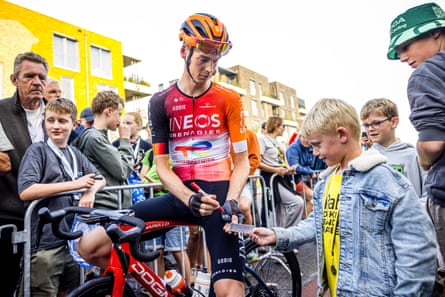
But one thing that Brailsford made clear as this year’s Tour began was that he didn’t want to talk about doping. And for three weeks, he was as good as his word. In fact, it turned out, he didn’t want to talk on the record at all.
Meanwhile, his team’s communications on the Rozman allegations adhered to a now-familiar script stating that the team had “acted responsibly and with due process”, while rolling out another well-worn line reiterating their commitment to “its zero-tolerance policy”.
Three weeks is a long time at the Tour de France. For a man who used to love holding court, expounding his theories of marginal gains, it’s also a long time to keep stumm. It now feels an age since Brailsford’s comeback to the race, after his troubled sojourn at Manchester United, was hailed by his colleagues as a masterstroke.
“We have welcomed him back with open arms,” the team’s chief executive, Johan Allert, said on the eve of the race. “He’s a not-so-secret weapon for us to use. It’s great to have him back.”
“We all love having him back and feel honoured that he’s here,” the sports director, Zak Dempster, said.
His initial comments – off record – outside the team bus in Bayeux, reflected his long absence from the Tour. There was a lot of catching up to do, he insisted, but he would be happy to talk later in the race. Yet despite multiple attempts by the Guardian to arrange an interview, he has declined to speak publicly.
Even the team’s success on this Tour has been clouded by the past; Thymen Arensman’s first stage win in the Pyrenees was followed by the 25-year-old being asked awkward questions about his knowledge of the Rozman allegations that dated back to when he was 13.
“I don’t really know to be honest, you’ll have to ask management,” he said.
Even then, Brailsford still declined to go on record. Attempts by the Guardian to persuade him to comment, in Bayeux, Montpellier, Valence and even on the penultimate evening of the race, did not succeed. But then the 61-year-old has seemed diminished during this year’s Tour, unsure of himself.
after newsletter promotion
By his own admission, the demands of the race have changed and, aside from Arensman’s two wins, neither he nor his team have been able to keep up. A once-dominant Brailsford-led team exist in the shadow of Pogacar and have done since 2020, when the Slovenian rider stormed to his first yellow jersey.
Many are now wondering why, with the Rozman story already brewing, Brailsford returned to the Tour. He had hoped for a calm, controversy-free comeback to the French race, one where he could observe performance, inspire his riders, audit management and still have time for his usual morning bike ride. But he didn’t get it.
In Le Mont-Dore, when a group of reporters sought to question him on the Rozman allegations, he responded: “No comment.” When the questions continued the response was: “Fucking come on guys.”
Rozman, too, has not responded when approached directly for comment. Answers, it appears, must wait until the ITA investigation concludes. The team, and Brailsford, have been under this microscope before: their medical consultant in 2012, Geert Leinders, was banned for life for doping violations at a previous team; UK Anti-Doping ended a 14-month investigation into the contents of an infamous Jiffy bag delivered to Bradley Wiggins at the 2011 Critérium du Dauphiné because there was no evidence to support a conclusion; Wiggins’s use of TUEs in 2012 which was exposed by Russian hackers and which a select committee report deemed inconsistent with the philosophy of “winning clean” sparked further scrutiny, while Chris Froome had an adverse analytical finding for salbutamol which was over-turned in 2018. The team doctor, Richard Freeman was struck off and later banned for four years for possession of a banned substance and lying to anti-doping authorities.
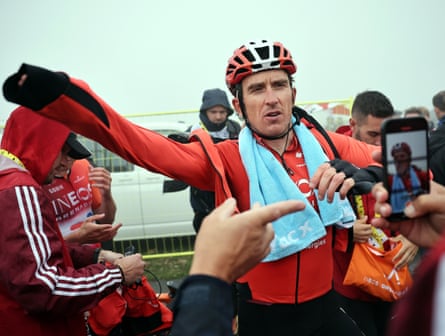
Team Sky, Ineos, Wiggins and Froome have consistently denied any wrongdoing. However, in the context of what we were told by Brailsford before any of the questions around the team’s ethics arose of his core beliefs in winning clean, of transparency, of accountability, and of course, of zero tolerance, the latest allegations against Rozman raise further questions over his stewardship.
Brailsford remains a director at Manchester United, and the head of Ineos Sport. Despite the investigation into Rozman, he is understood to be defiant, insisting all possible vetting procedures and ethical practices were in place.
The Tour has now ended and the spotlight moved on. The questions, however, will not. On the road, despite Arensman’s two stage wins, the problems within Jim Ratcliffe’s cycling franchise remain, just as much as they do within Old Trafford.
A lack of identity and direction and an inability to challenge in Grand Tour racing in the age of Pogacar have now taken hold. Ineos Grenadiers are as far away from winning the Tour as they have ever been.
Geraint Thomas, the team’s last athletic connection with the days of British Cycling and Team Sky, will retire in September. Brailsford needs a marquee name to replace him. Having failed to secure Olympic champion Remco Evenepoel, he will need to look elsewhere. An unhappy Jonas Vingegaard might be a good place to start.

 13 hours ago
1
13 hours ago
1

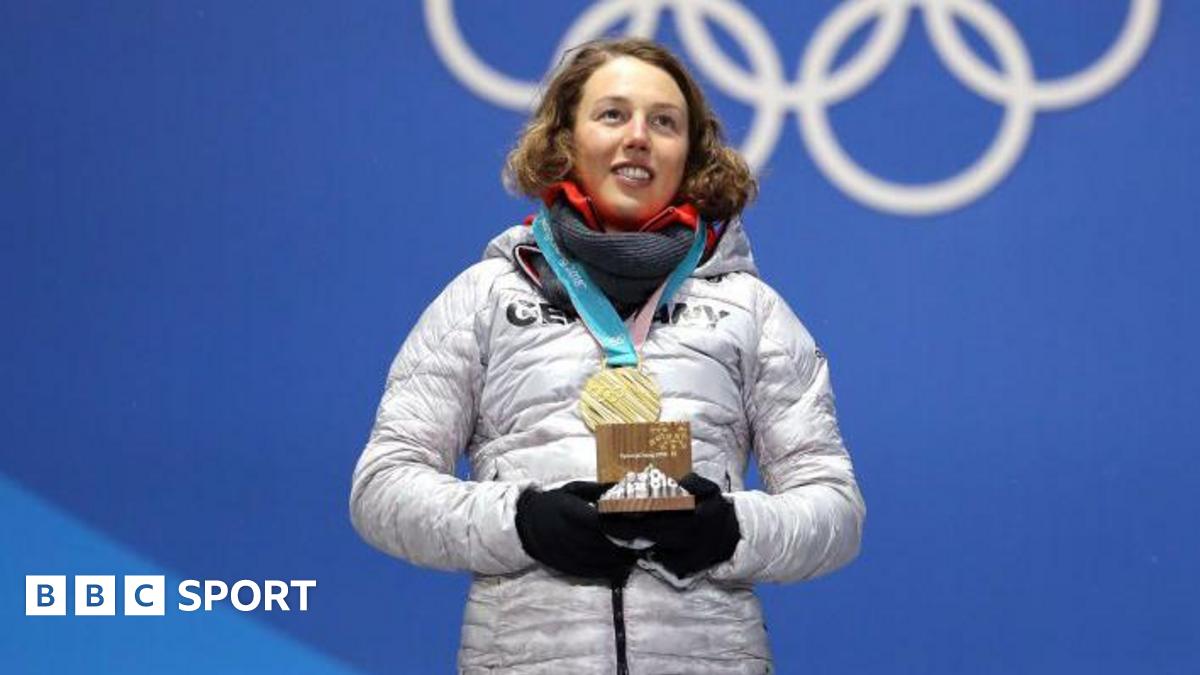



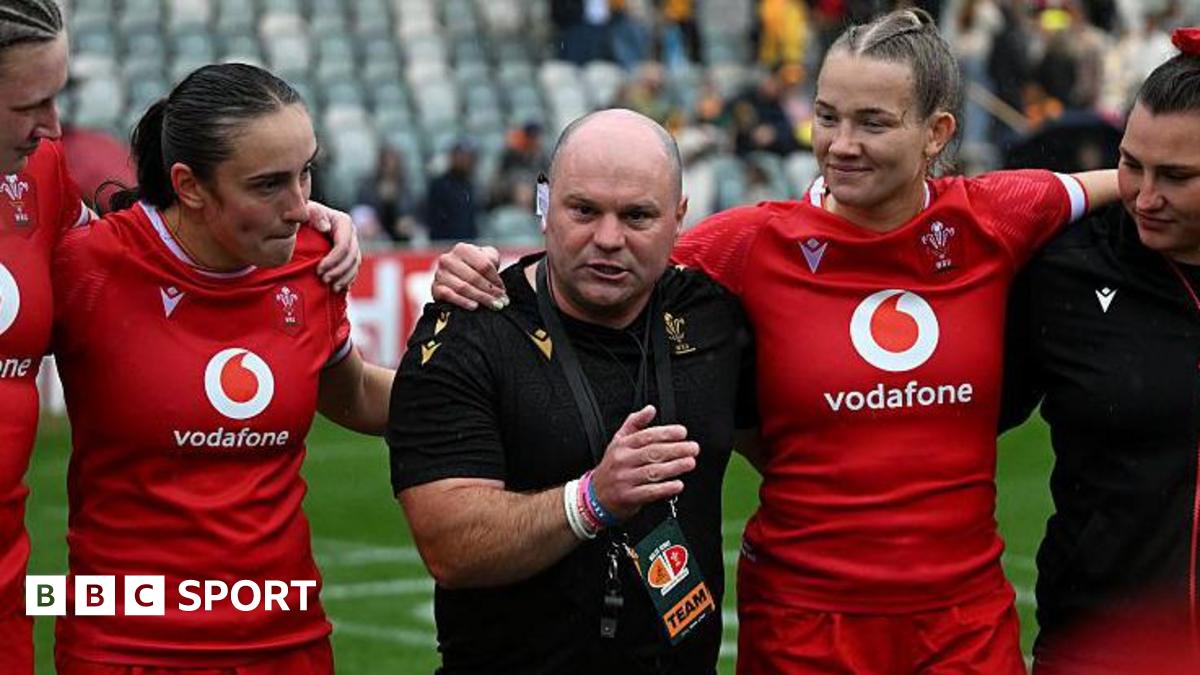

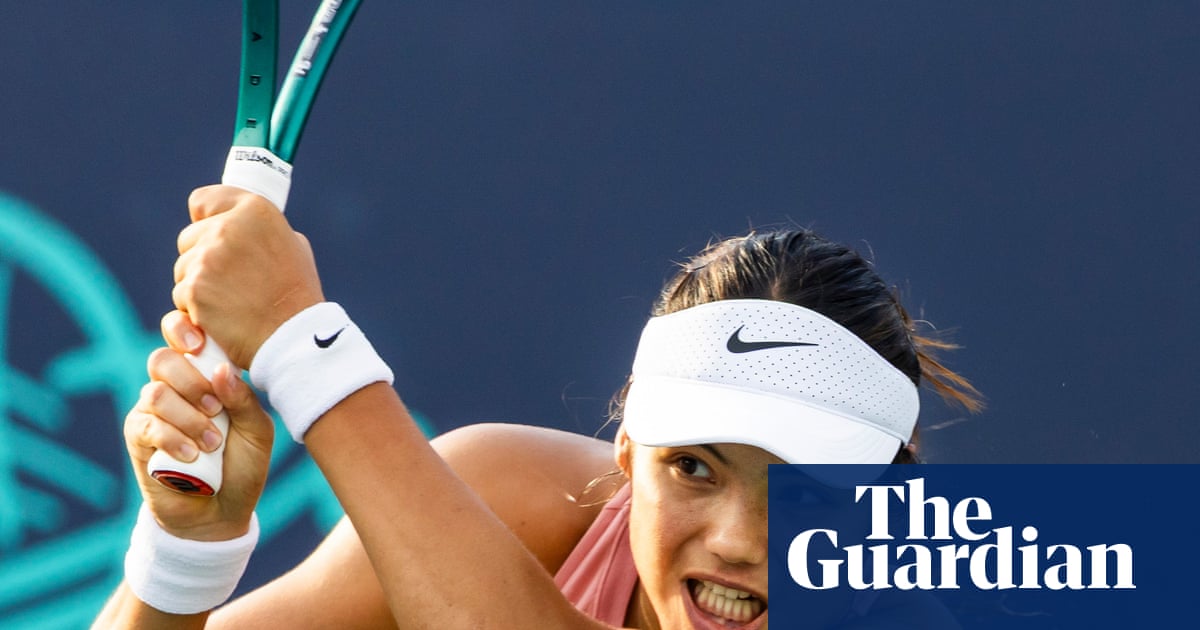
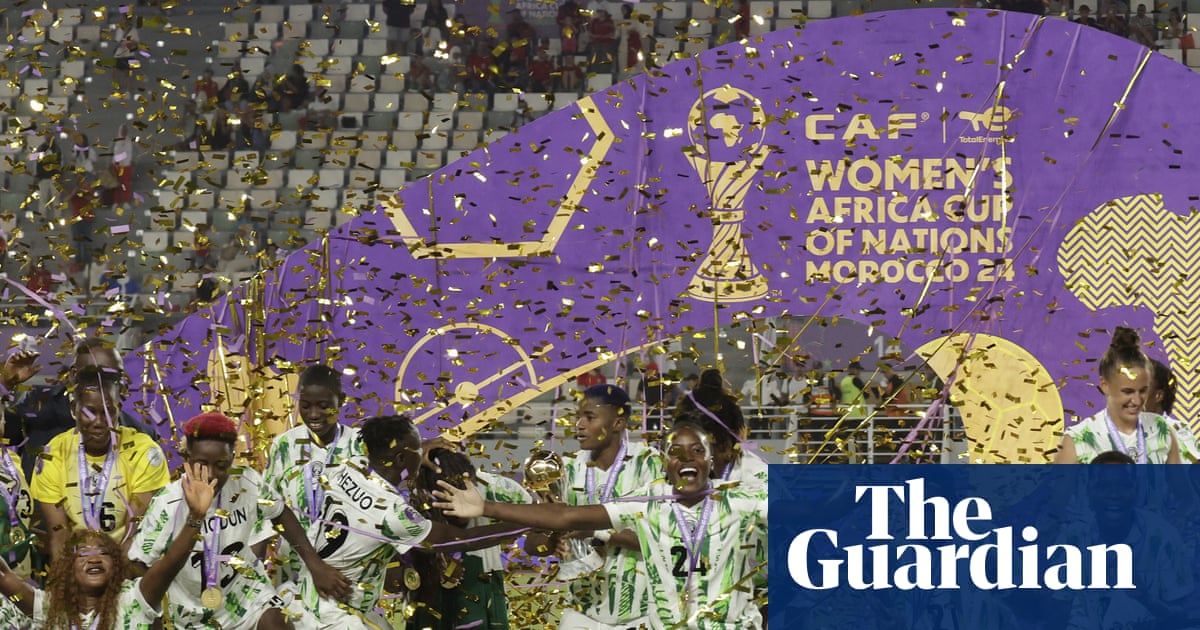
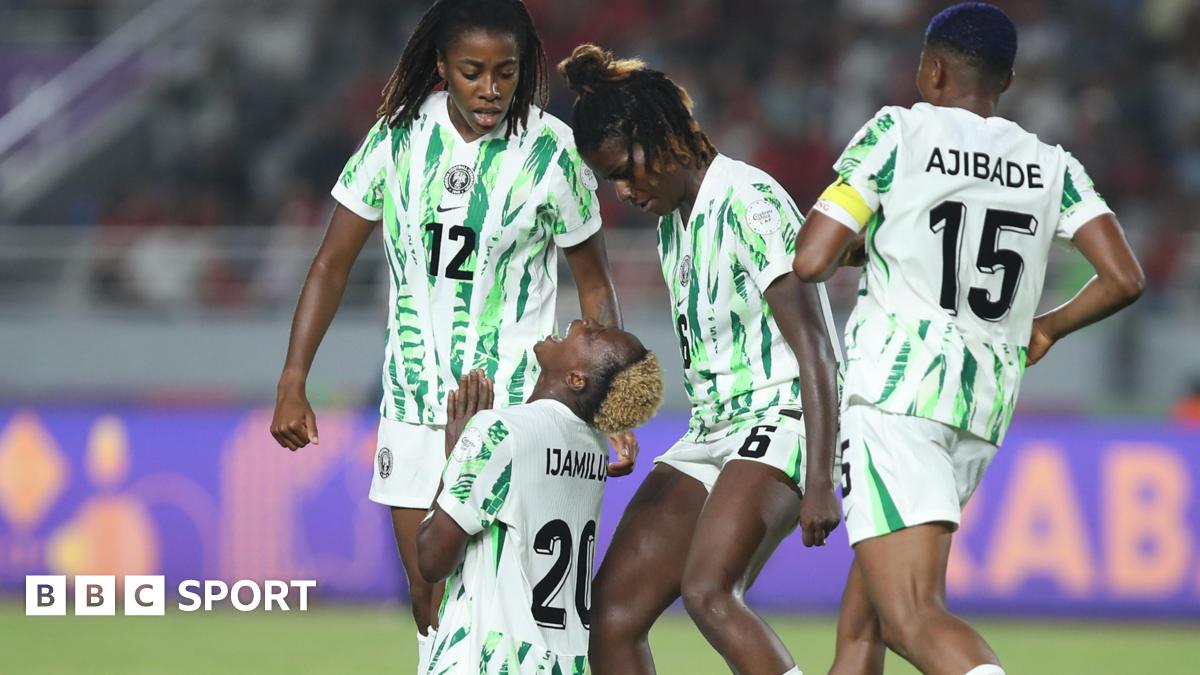
 English (US)
English (US)